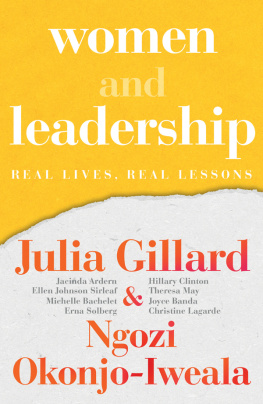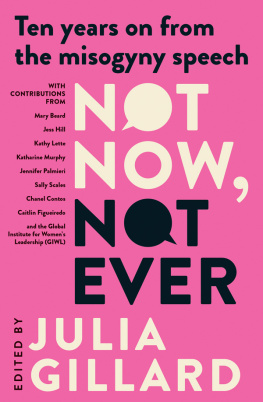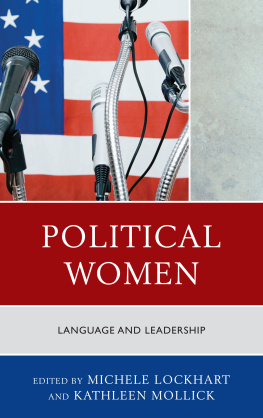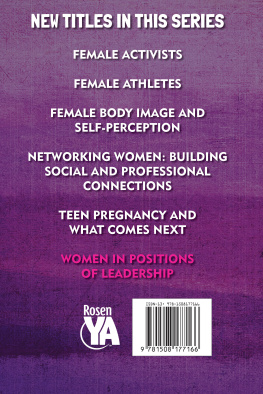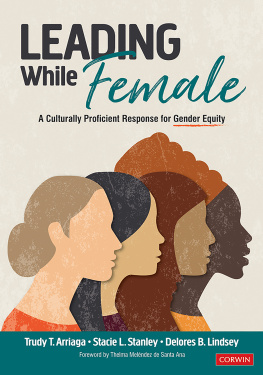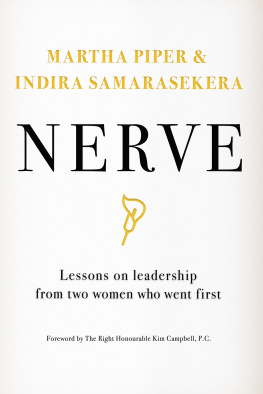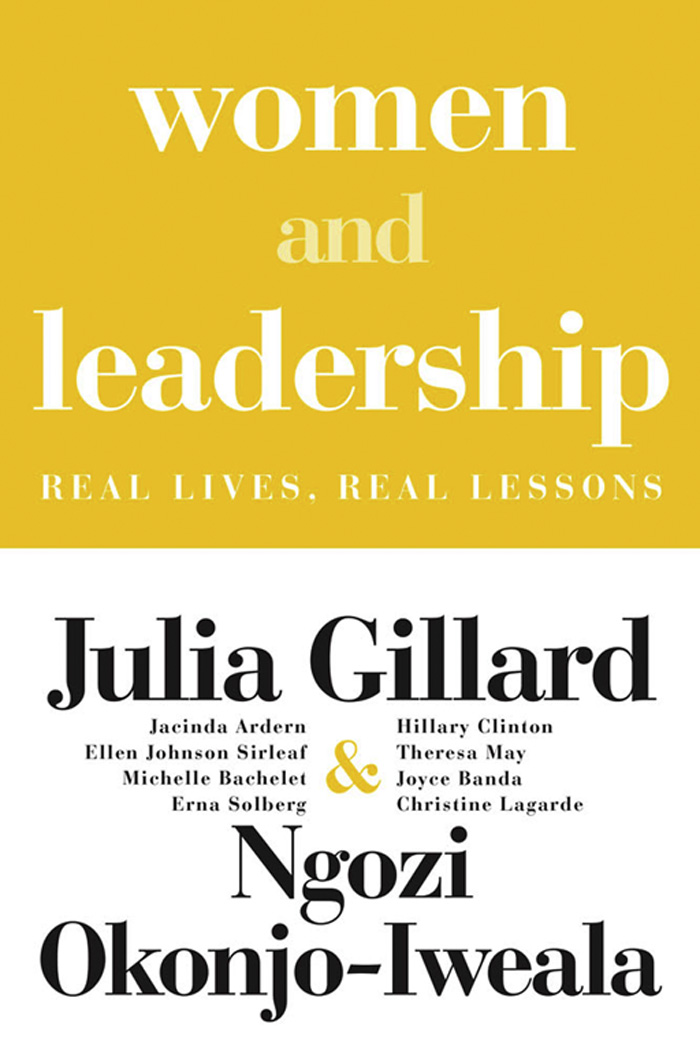I don't think I particularly balance anything. I just make it work. I'm really religious about this; I don't think women should feel as if they have to do it all and make it look easy, because it's not easy and we shouldn't have to try to do everything, and I don't. We must not pretend we're superhuman, because that sets a false expectation and it also leaves the impression that we shouldn't need support.
Jacinda Ardern
One female journalist asked me how I was going to cope without a husband. In response, I asked her, Excuse me, would you have asked a question like this of a male candidate? And then she immediately realised what she had done. But it was very strange that, being a woman, she thought, in a very sexist way, I wouldn't cope if I didn't have a shoulder to cry on at home.
Michelle Bachelet
In Malawi, there is a saying that a bull goes to the farm to pull a cart, a cow is kept at home for milk. So, people in the opposition said, How unlucky are we to end up with a cow pulling our cart? It was vicious and cruel and could only be used because the person at the end of the insult is a woman.
Joyce Banda
I'm proud of the campaign I ran but I wish I had known then what I know now. I went where nobody else has ever gone and it was really, really hard. But it opened doors. It has motivated people and encouraged people, and that's all to the good.
Hillary Clinton
It's raining men! So how do I feel about being there? I feel like challenging them, especially when I am in the chair. Because very often they don't even realise how gendered it is. It is the frame they are used to.
Christine Lagarde
A few years ago, I was in a lift in the House of Commons and there was a young woman, and I commented that she had a nice pair of shoes on, and she said, Your shoes got me into politics. She saw somebody, me, who she viewed as human, because I am known to like shoes. And that's what got her watching politics. And there she was working in the House of Commons.
Theresa May
I did get a particular feeling when I went to meetings of the cabinet and everyone else was a man. I had established myself as someone of strength and that is where the term iron lady came from, because on fiscal matters I was quite strong. They respected me but they didn't really see me as part of the team. I was the stranger commanding things.
Ellen Johnson Sirleaf
One of the things people often say about me is that I'm always calm. Naturally, I am calm as a person, but I've also had to learn to be so. If a woman becomes too aggressive, too agitated, then I think people react to it.
Erna Solberg
2020 Julia Gillard and Ngozi Okonjo-Iweala
Julia Gillard and Ngozi Okonjo-Iweala have asserted their moral right to be identified as the authors of this work.
First published by Penguin Random House Australia Pty Ltd.
All rights reserved. No part of this book may be reproduced in any form by any electronic or mechanical means (including photocopying, recording, or information storage and retrieval) without permission in writing from the publisher.
This book was set in Minion Pro by Midland Typesetters, Australia.
Library of Congress Cataloging-in-Publication Data is available.
ISBN: 978-0-262-04574-2
10987654321
d_r0
Contents
Guide
Prologue
Why are we writing this book?
Two frantically busy women chat on the sidelines of meetings held all around the world. What do they agree to do? Take a holiday? Sneak off for a day of relaxed sightseeing? Have a leisurely dinner? All enticing possibilities. But the answer is that we decided to write a book this book.
At first blush that might seem like a bit of a weird choice, and there have been moments when we have whispered underneath our breath, What on earth were we thinking? Most of the time, though, we have felt a real clarity of purpose and sense of urgency. The high-octane fuel that propelled us on is a mixture of passionate belief in gender equality and tearing frustration that we have not yet achieved it.
We know we are not the only ones who feel driven and dismayed all at the same time. However, not everyone channels that itchy kind of energy into writing a book, and we owe you an explanation as to why we did.
Our shared story starts in 2011 when, as Nigeria's Finance Minister, Ngozi came to Australia for the Commonwealth Heads of Government Meeting, which Julia chaired. Bringing together the leaders of more than fifty nations in a meeting focused on democratic norms and values is serious business. Talking about it now makes Ngozi laugh, though, as she recalls trying to explain to some of her colleagues what it meant when the biographical notes on Julia said she had a partner, not a husband.
Unfortunately, the two of us met only briefly at that event but, a few years later, we ended up becoming acquaintances and then friends by being at the same international meetings. We found ourselves at many global events in our roles as chairs of major international development funds. Ngozi chairs Gavi, the Vaccine Alliance, which seeks to provide children in the developing world access to affordable vaccines that help prevent diseases like diphtheria, measles, pneumonia, polio and malaria. Julia chairs the Global Partnership for Education, which focuses on school education in the poorest countries in the world.
In the margins of these meetings we started to have hurried conversations about women leaders. There was always something happening to a female prime minister or president that we thought might be the result of gender biases, but we wanted to talk it through.
Out of these discussions, we started putting theories to each other about what was happening. However, we could never quite get to the bottom of it. Something is going on, we would mutter to each other. Women leaders all seem to be facing the same kinds of problems, we would say. Why is it as bad as this and not getting better? we would cry out in frustration between ourselves. Then Hillary Clinton lost the US presidential election, and our talks took on a new earnestness.
At some point, we started to move beyond anecdotes to more structured conversations. Both of us felt the fact that we are very different people brought a richness to our exchanges. It seemed to help us puzzle out more together than we could have done alone.
Slowly but surely, we inched our way forward to the big question: should we try to write something on women and leadership, which would further our own thinking and hopefully inform and inspire women?
Like all big projects, we started seized with inspiration, felt the muddle of the middle and had to persevere to get to the end. As we were finalising the book, the Covid-19 pandemic swept through humanity. Both of us joined the billions working from home while worrying about family, friends and the future. Ngozi's workload was accelerated given her key role in the global organisation responsible for vaccines, and the need to advocate for immediate assistance to African nations as they confronted the virus. Importantly, Ngozi became a special envoy for the global initiative to accelerate the development, production and delivery of Covid-19 vaccines, therapeutics and diagnostics. Julia also experienced new demands helping the Global Partnership for Education as it urgently worked to maintain some form of educational continuity for the poorest children in the world. Tragically, prior experience with epidemics like Ebola has shown that without extraordinary efforts, child marriage soars and the most marginalised girls never return to school. At the same time, demand surged for the services of Beyond Blue, the innovative mental health body Julia chairs.


